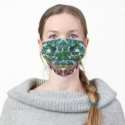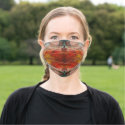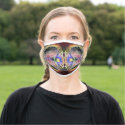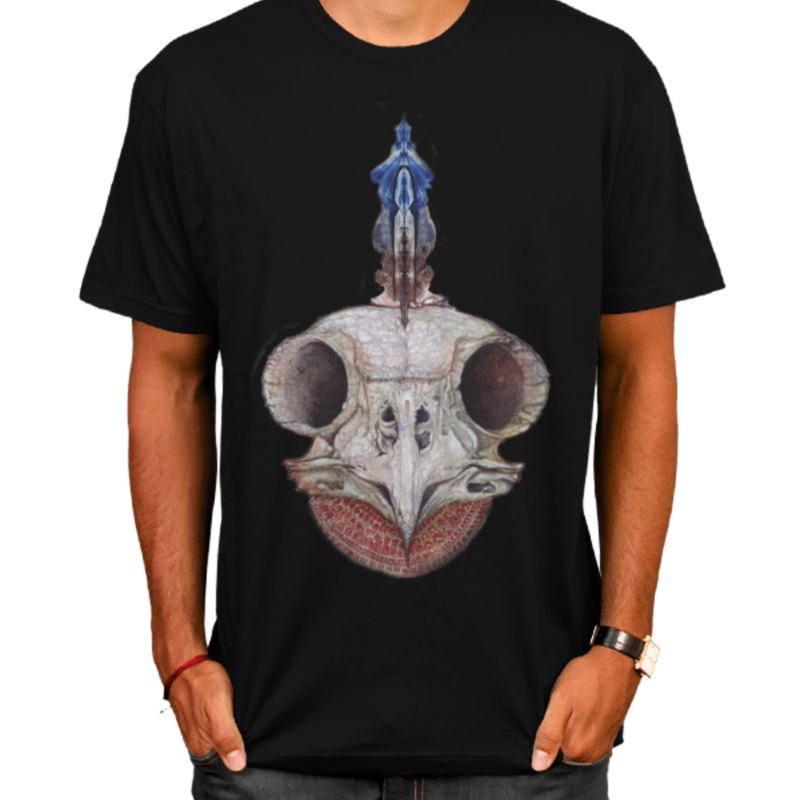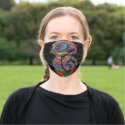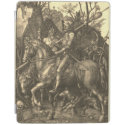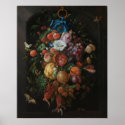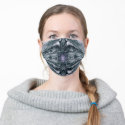|
Coronavirus: could reading about the pandemic cause harm?
Jeremy Howick, University of Oxford and Giulio Ongaro, London School of Economics and Political Science
Scary health stories about COVID-19 pour out of the media floodgates every minute. These might be causing “nocebo effects” – where we become more ill because we expect to, as opposed to the better-known placebo effect where we become less ill due to our expectations. This could be happening on a large scale just now.
Although data about nocebo effects in the pandemic is not yet available, we suspect these effects are prevalent, based on evidence from similar cases. Consider the following: 1) In 2010, anti-windfarm campaigners in Australia spread news about “wind turbine syndrome” caused by sub-audible infrasound generated by turbines. At the same time, health authorities noticed a growing number of complaints – heart palpitations, headaches, nausea – that corresponded closely with those of the wind turbine syndrome. Yet researchers quickly found that complaints were concentrated in regions with a history of anti-windfarm campaigning. Experimental subjects that were randomly allocated to watch scary news about the harms of windfarms reported an increase of symptoms, even in the presence of sham infrasound. Researchers concluded that wind turbine syndrome was caused by misinformation rather than wind turbines.
2) In 2018, a study found that people living in countries with more Google search results about statin adverse events were more likely to report statin intolerance. Authors of the study concluded that exposure to online information contributed to these adverse effects.
3) In a large study examining the death of 28,169 Chinese-American adults in California, researchers found that people who were understood by Chinese astrology to be particularly susceptible to certain conditions – by virtue of the year of their birth – died significantly earlier (1.3-4.9 years) than people with the same conditions born in other years. Researchers concluded that “psycho-cultural factors” (belief in Chinese astrology) affected mortality. A positive test for COVID-19, combined with some initial symptoms and alarming mass media health news, could aggravate coughs, fever, pains and breathlessness. The shock caused by negative information might even precipitate death in severely ill patients by aggravating heart disorders or affecting the respiratory system already attacked by the virus. Among those without the disease, fear following the experience of a mild symptom (perhaps of a common cold) could exacerbate the symptoms and even prompt them to visit the hospital, where they could actually catch the virus – or another disease. The social isolation imposed in many countries, well known to be linked to illness and death, could exacerbate these effects. VOODOO DEATH: HOW NOCEBO WORKS
We are understanding more and more about how nocebo effects work. Emotionally charged negative information from an authoritative source can make someone expect a negative symptom such as pain or breathlessness. Then, like a self-fulfilling prophecy, the expectation itself can cause the symptom. These expectations are associated with the production of neurotransmitters that induce an increased sensitivity to pain and a wide variety of other symptoms. Fear and anxiety heighten this process.
In more extreme cases of “psychogenic death” – or “voodoo death” – fear activates the fight-or-flight response. This results in, among other things, accelerated heart rate and raised blood pressure. In some cases, it can lead to arrhythmia (irregular heartbeats) and even vascular collapse, where insufficient blood is supplied to blood vessels and they literally collapse. Nocebo effects are more pronounced in people with a well-defined disease, such as a viral infection, where existing symptoms and the awareness of being at risk leads to symptoms becoming amplified. We hypothesise that there are likely to be cultural variations in nocebo effects in the COVID-19 pandemic. The way the press and media communicate, and the way news travels among people, differ across countries. Also, the way people perceive and react to health-related information is culturally specific, as are coping strategies and attitudes towards fear and death. For instance, preliminary research on COVID-19 risk perception found that old German men are less afraid of the virus than younger men, and have been described as behaving “calmly and appropriately” in the current circumstances. The cultural specificity of nocebo effects might partly explain the striking difference in mortality rates that have been recorded across countries and ethnic groups. These have been shown to vary from 2.7% in Germany to 13.2% in Italy to 5.1% in the US and 13.4% in the UK, with further differences among ethnic groups within the same country. When all conventional explanations for differences in mortality rates are taken into account, could psycho-cultural factors offer an additional explanation for the lower mortality rates in Germany, when compared with countries such as Italy? Future studies combining epidemiological and sociological data across countries will be able to investigate the diversity and clinically significant of nocebo effects in the pandemic. HOW TO REDUCE NOCEBO EFFECTS
A trial comparing aspirin with sulfinpyrazone for treating heart disease found that the patients who were told about side-effects were six times more likely to drop out of the trial because of side-effects. Dozens of other studies show that negative side-effects are lower when patients are not told about side effects. We don’t propose that the scary things about COVID-19 be hidden, but rather that the likely nocebo effects caused by scary news stories be mitigated.
At a policy level, this could take the form of government messaging, and structures of emotional support aimed at reshaping risk perception in patients. At an individual level, limiting the consumption of negative media is likely to reduce nocebo effects.
Jeremy Howick, Director of the Oxford Empathy Programme, University of Oxford
and Giulio Ongaro, Postdoctoral Research Fellow, Anthropology, London School of Economics and Political Science This article is republished from The Conversation under a Creative Commons license. Read the original article. 
|
OTTO RAPPThis blog is primarily art related - for my photography please go to Archives
April 2024
Categories
All
|
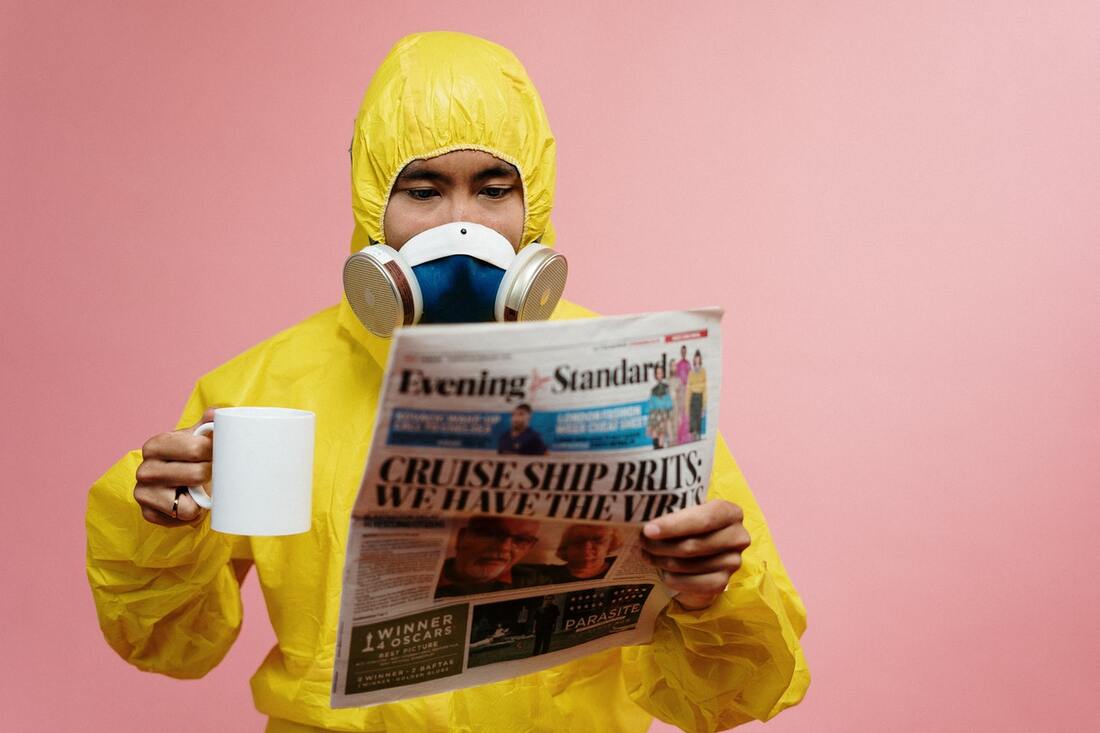
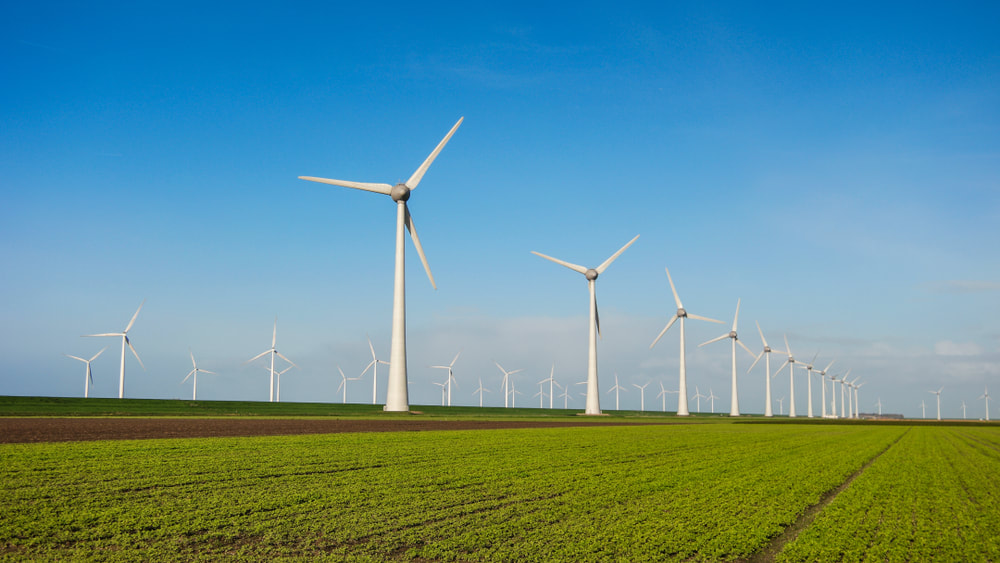
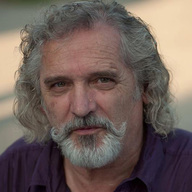
 RSS Feed
RSS Feed



